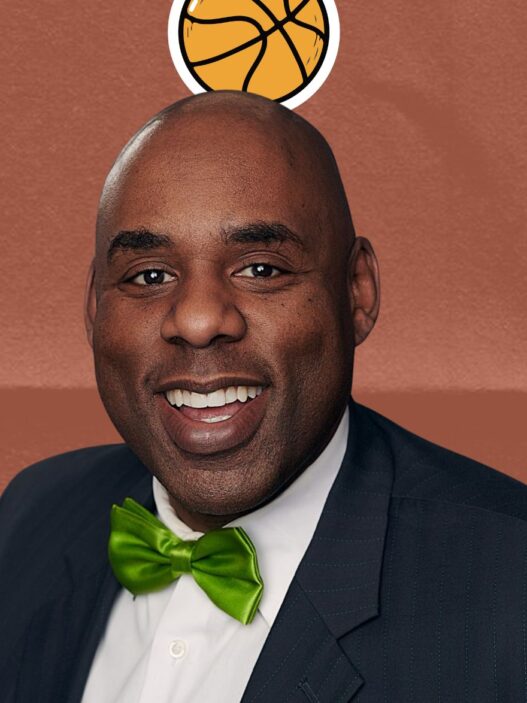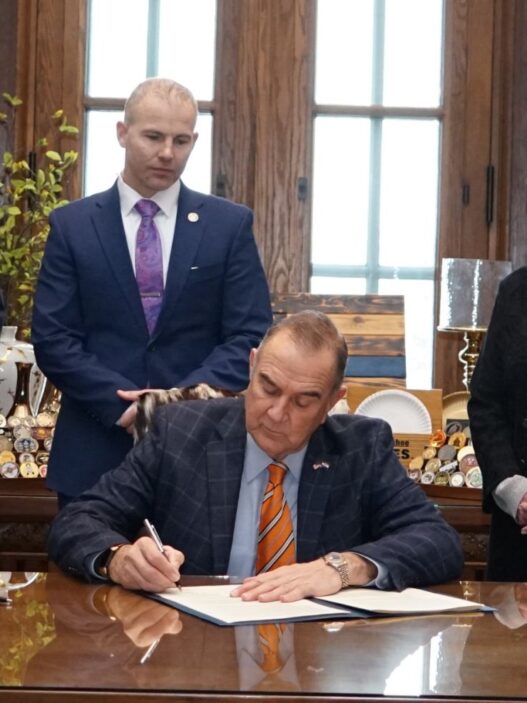On Monday, Missouri Senator Josh Hawley published a New York Times opinion piece titled “Don’t Cut Medicaid”, breaking ranks with his party and sending a ripple through the political establishment.
In the piece, Hawley warns against the consequences of cutting Medicaid, citing Missouri’s rural hospitals, working-class families, and foster care systems as primary victims.
For Missourians on the ground, especially those in the healthcare field, the op-ed comes with mixed emotions: appreciation for the acknowledgment, but skepticism about timing and intention.
“We Are At Our Breaking Point”
Missouri is no stranger to Medicaid fights. It was one of the last states to expand Medicaid under the Affordable Care Act, only doing so after voters approved the measure in 2020.
Even then, state lawmakers resisted implementation for nearly a year.
Today, Missouri still struggles with some of the highest maternal mortality rates in the country, rural hospital closures, and rising mental health crises that disproportionately affect the uninsured and underinsured.
Medicaid is the only line.
“Senator Hawley’s words are important, but let’s not forget his past opposition to the ACA and his silence on previous block grant proposals,” says Dr. Renee Walters, a primary care physician in mid-Missouri.
“If he’s truly changed course, we welcome it—but we’re looking for legislative action, not just headlines.”
The Politics Behind the Pledge
Hawley’s op-ed highlights the reliance of 1 in 5 Missourians on Medicaid and criticizes “massive, indiscriminate budget cuts” that would impact essential care.
He calls out his own party’s deficit hawks for failing to consider the long-term consequences of slashing healthcare funding.
Yet critics note the senator has consistently voted in line with party efforts to repeal or restrict Medicaid-related expansions.
His public stance now, they argue, may be an attempt to reposition ahead of future elections, especially given Missouri’s deepening healthcare crisis and the upcoming 2026 Senate race.
“Republicans are finally realizing that gutting Medicaid doesn’t play well in states like ours,” says healthcare policy analyst Rachel Meyers.
“It’s politically toxic. But saying the right thing now doesn’t erase years of dismantling the very systems he’s defending.”
What’s at Stake in Missouri and the Midwest
Across the Midwest, states like Kansas, Nebraska, and Iowa are watching closely.
Kansas lawmakers have fought over Medicaid expansion for years, leaving nearly 150,000 people in a coverage gap.
Iowa has privatized its Medicaid system with mixed reviews, and rural hospitals in Nebraska face closure without federal support.
For Missouri, Medicaid isn’t just about individual health, it’s about community survival.
“We’re talking about nursing homes, children’s hospitals, mental health services, disability support,” says Cynthia Nash, a behavioral health worker in Kansas City.
“If Medicaid goes, we don’t have a backup. It’s not political. It’s survival.”
The Mental Health Layer
Mental health in Missouri is already on life support. Wait times for state hospital beds now stretch over 300 days for some inmates needing mental health restoration services.
Community providers are underfunded, and emergency rooms are overwhelmed.
Cutting Medicaid funding would be catastrophic, particularly for children, veterans, and individuals with serious mental illness who rely on it for outpatient therapy, psychiatric medications, and crisis care.
“This would reverse decades of progress,” says Jason O’Leary, director of a Kansas City-based nonprofit. “We can’t build a future on slogans. We need funding. We need leadership.”
Senator Hawley’s plea to preserve Medicaid may be sincere. It may also be strategic.
But for the healthcare workers, patients, and families in Missouri and across the Midwest, it raises a bigger question: Will this be a turning point in policy, or just another well-written footnote in a long fight for care?























